
 On September 25th, just a few hours before leaving Senegal after a 3-year mission as IMF Resident Representative in Senegal, Alex Segura was invited to a farewell dinner by the President of his host country. Little did he know that the quality time he was going to enjoy with President Abdoulaye Wade was going to have sour and perhaps lasting repercussions on him and the institution he is working for. The two suitcases with “substantial amount of money” he was given at the end of his “high-profile hang out” are at the centre of a huge controversy between Senegal and the IMF. People keep wondering in Senegal whether Mr. Segura knew about the content of the suitcases – € 100,000 and $50,000 respectively—at the moment or if he was just bamboozled by the 84-year old man.
On September 25th, just a few hours before leaving Senegal after a 3-year mission as IMF Resident Representative in Senegal, Alex Segura was invited to a farewell dinner by the President of his host country. Little did he know that the quality time he was going to enjoy with President Abdoulaye Wade was going to have sour and perhaps lasting repercussions on him and the institution he is working for. The two suitcases with “substantial amount of money” he was given at the end of his “high-profile hang out” are at the centre of a huge controversy between Senegal and the IMF. People keep wondering in Senegal whether Mr. Segura knew about the content of the suitcases – € 100,000 and $50,000 respectively—at the moment or if he was just bamboozled by the 84-year old man.
Segura distinguished himself with his relentless and harsh criticisms towards the Senegalese government’s governance model, which owed him the sympathy of most Senegalese as well as that of the opposition parties and independent media. He was seen both as a staunch defender of good governance and an outspoken officer committed to curbing some unorthodox practices and guaranteeing a greater transparency in Senegal’s public finances.
Against a background of continuous allegations of huge money squandering by Senegalese officials, Alex Segura came to the fore as a true Robin Hood. No sugar coating, no cajoling. He felt free to use some prominent news outlets to hammer on the government to the happiness of the common Senegalese who at last, felt protected against rampant financial delinquency.
One can say for sure that Mr. Segura was not the President’s best friend. One can equally assert that he will never spend holidays with some government officials whose unsavoury transactions he kept denouncing during all his stay in Senegal. But what one cannot say with absolute certainty is if the Senegalese leader is going to be prosecuted after his term on corruption charges and if the appropriate sanctions will be applied to him.
At the outbreak of the scandal, the communications Minister tried to gloss over the facts. He came out with a lame blanket denial of the corruption case, but with the determination of the public to keep that executive misconduct on the radar, the IMF eventually issued a press release yesterday to restore the truth. The press release makes it clear that the President recognized his “mistake” in this carry-on cash scandal. A presidential mistake or blunder is, in diplomatic terms, another way of saying a presidential abuse of authority or felony.
Early this week, both the Prime Minister and the Minister of Foreign Affairs unashamedly brushed the affair off and ascribed it to an age-old custom in West Africa known as the cola-nut tradition. That tradition consists in offering some valuables to a guest who is about to leave the country, but in the case of Segura, was it really a way for the President to acknowledge and thank Mr. Segura’s alleged contribution to the country’s governance? Did the President “play” Mr. Segura with his well-known wiles? If so, such a tradition of hospitality has been twisted as it only serves the vile interests of a person or a group of people. Is it an attempt by the Senegalese government to wean away any ounce of trust the Senegalese people may have in IMF especially in light of the last scandals that affected the Bretton Woods institutions? Did the President want to build a ‘Chinese wall’ between Senegal and IMF and other donors? Is it just a strong signal to all international donors so they won’t be led in the future to meddle in the country’s affairs?
One thing is at least sure at this juncture: the President succeeded in blurring the IMF message. Despite the IMF revelations, Mr. Segura’s substitute will be facing the daunting task of restoring the institution’s credibility in the country and putting her point across as openly and frequently as her predecessor*. This scandal is likely to inhibit her and reduce her intervention scope.
Judging by their sarcastic even jubilant tones, one is tempted to say that the Senegalese officials have reached their objectives and that all this was just a set up. Both Mr. Segura and his colleagues still have a lot to learn from other cultures and will surely ponder on that African maxim: “When you are in a foreign land, you need to know where to put your feet and when.”
Members from the civil society felt at times bothered by the untimely public apparitions of the man they dubbed as a “little” IMF agent who mistakenly thought to be bossing around people in a conquered territory. Mr. Segura’s unbridled language and his stringent remarks did him a great disservice, to say the least. Otherwise, chances are that he would never have been invited to have dinner with the President and receive those hefty and treacherous suitcases.
By pressuring on a regular basis the Senegalese government to exercise much higher standards of transparency and accountability, he drew the attention of the “generous” incumbent who is known to take liberties with public funds, and ended up by having a bite at that rather unusual cola nut.
This case begs the question as to whether the Senegalese government is really committed to stopping corruption. In light of this scandal, is not the Senegalese President sending a wrong signal to his fellow citizens? Is he not supposed to be a role model, the role model? Is not this growing the seeds of more corruption? With a 90th rank and a score of 3.4 (Corruption Perception Index, 2008), it seems that Senegal has an uphill battle to fight in that regard.
Given the scarcity of financial resources and the multi-faceted crises facing the country, it is a foregone conclusion that the money could have a better use: Thousands and thousands of people leave in muddied waters and literally flock to the streets of the capital city in quest for something to eat. Schools are open, but kids are still at home because most of the peri-urban areas are flooded. Power outages have become the daily lot of people in big cities. Staple commodities are beyond price, and the list of issues to be immediately addressed by the Senegalese government goes on and on. The average Senegalese think they have no interest in this other unethical executive conduct; they will shrug their shoulders in indifference and let you know that they are used to it as it takes place on a spasmodic basis. All they are interested in is to deal with their challenges on a daily basis and with their own means. They do not want to hear anything about soul-searching at IMF or rejoicing Senegalese officials; they have more pressing needs to tend to.
* We just learned from the IMF press release that Mr. Segura will be replaced by a woman. Her name is not known yet.






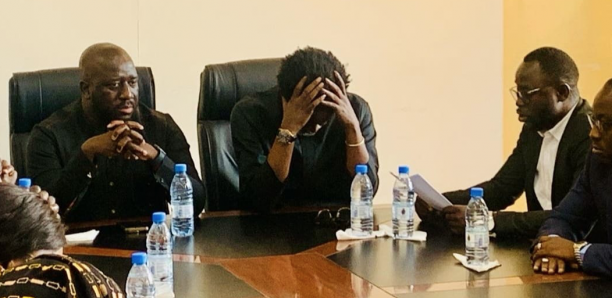
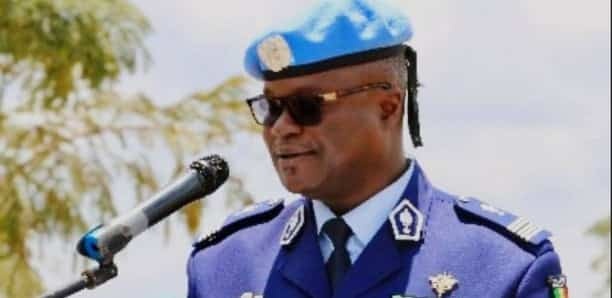
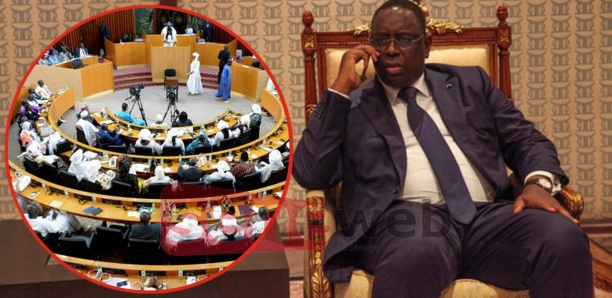


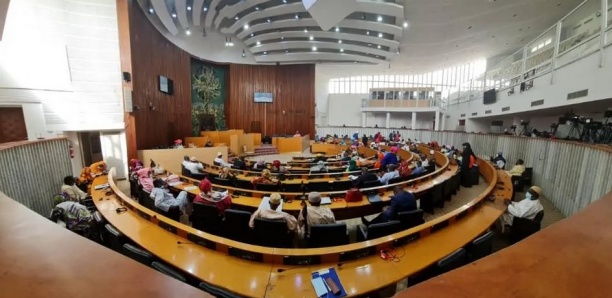



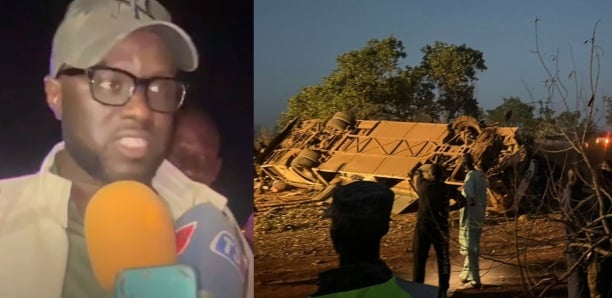





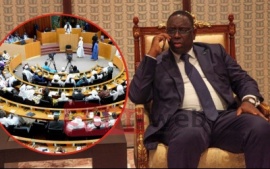


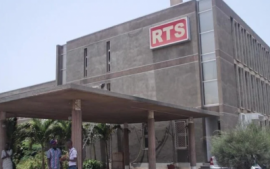





0 Commentaires
Participer à la Discussion